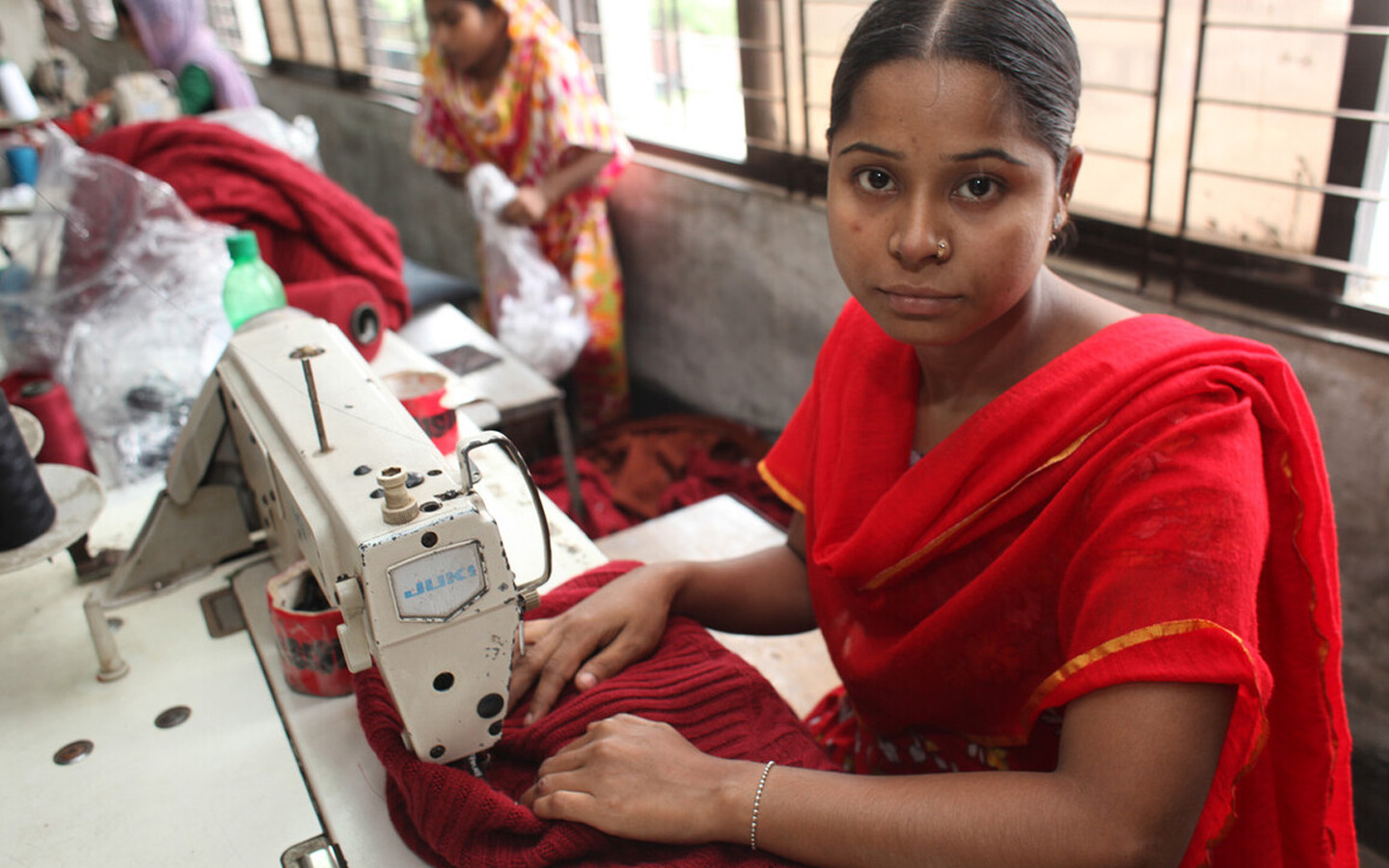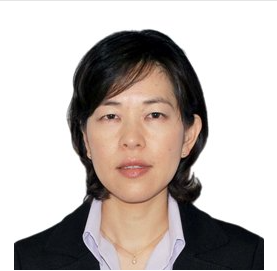Big Social Protection Reforms to Drive Resilience
ADB, the Japan Fund for Prosperous and Resilient Asia and the Pacific, and the Japan International Cooperation Agency are helping Bangladesh boost resilience by implementing reforms to the country’s social protection system.
The Urgent Need for Social Protection
Long before the plagues of COVID-19 and climate change, Bangladesh made strides in dealing with pervasive poverty. It reduced poverty incidence from 48.9% in 2000 to 20.5% in 2019. However, much work remains to be done, as almost 30% of the population still lives below the poverty line of $3.20 per day.
“For countries like Bangladesh that have been battling poverty, shocks like the pandemic can wind back gains and highlight the need for effective social protection,” Hiroko Uchimura-Shiroishi, ADB principal social sector specialist, said. In the case of Bangladesh, COVID-19 led to strict infection containment measures that caused simultaneous supply and demand shocks, significant job losses, and, consequently, loss of income for people already entrenched in poverty. This was compounded by food shortages and the resultant price spikes caused by production and mobility challenges. When the effects of climate change are added to the mix, to which the country is vulnerable, the progress the country made to reduce poverty could easily regress. Bangladesh is prone to floods, tropical cyclones, and drought, which especially affect poor and vulnerable people.
Social protection could have cushioned the impact of the pandemic and the effects of climate change. So, the government intends to leverage the COVID-19 pandemic as an opportunity to strengthen its social protection programs as an essential means of building the resilience of poor people and supporting inclusive recovery.
Reforms for Social Protection
In 2015, the government formulated the medium-to-long term strategy for the country’s social protection development. It sought to provide more comprehensive coverage, one that is more attuned to the people’s life cycle needs. Under this strategy, the government aimed to streamline and strengthen the social protection programs with a view to achieving better results from the money spent. To support the government, ADB and the Japan Fund for Prosperous and Resilient Asia and the Pacific teamed up and collaborated with the Japan International Cooperation Agency to initiate the Strengthening Social Resilience Program.
The initiative focused on three policy reform areas in social protection: improving coverage and efficiency, enhancing the financial inclusion of disadvantaged people, and strengthening the response to life cycle social and health needs.
Improving coverage and efficiency. More seniors, widows, and marginalized women were included in the relevant allowance programs. To improve efficiency, the program helped operationalize the management information system that covers various social protection programs scattered under different ministries for smoother and faster budget administration. An integrated system is also being prepared to enhance the efficiency of social protection benefit from registration to the benefit delivery. For efficiency, target programs with similar features and purposes are being consolidated, too.
Enhancing financial inclusion. The unbanked will be helped by developing and standardizing mobile financial services, simplifying requirements for opening mobile financial accounts, and making financial services more affordable. These interventions will help expand digital financial services leading to a more inclusive social protection system for the over 100 million Bangladeshis with mobile financial accounts.
Responding to life cycle needs. The program is supporting the government to expand social protection to include poverty and all the other differing needs of people throughout the life cycle. It addresses people’s health needs, whether male or female, young or old. Down the line, it will help strengthen health preparedness for infectious diseases, especially epidemics and pandemics. Also, the program will help improve available health care services for the urban poor.
The program’s accompanying technical assistance, a grant from the Japan Fund for Prosperous and Resilient Asia and the Pacific, supports all these reforms by helping improve the government’s knowledge and capacity on social protection as well as supporting continued policy dialogue.
Bangladesh aims to harmonize and digitalize its social protection programs into a fully functional, effective, and inclusive system.
Hiroko Uchimura-Shiroishiprincipal social sector specialist, ADB
Road to Social Resilience
People are more resilient if they have safety nets, such as effective social protection programs. They can bounce back better from emergencies, disasters, and shocks more if they can immediately meet urgent health, social, and financial needs,” says Uchimura-Shiroishi. “Bangladesh is on the road to social resilience because the reforms it is currently implementing in its social protection landscape will make it more inclusive and responsive to the changing needs of its people.”
These reforms hold much promise. When the program ends in 2023, all eligible beneficiaries in at least 260 subdistricts will have social protection under two allowance programs, a more than twofold increase from 2020 figures. The beneficiaries include more disadvantaged segments, such as vulnerable seniors and women. The changes the government is implementing in mobile financial services will broaden access to social protection and financial services.
Bangladesh’s social protection program will also be more efficient through the government’s efforts to harmonize the various programs and services housed under multiple ministries. People can expect more timely benefit delivery due to the digitalization and integration of the administration of the social protection system. When the subprogram ends in 2023, social protection programs will be harmonized in at least three ministries. In addition, most of the country’s social protection programs with cash-based benefits will be managed under a standardized and integrated management system.
Cost
$602.1 million
- ADB Resources $250 million
Cofinancing Partners
- Japan Fund for Prosperous and Resilient Asia and the Pacific (Technical Assistance) $1.2 million
- Japan International Cooperation Agency (Loan) $350.9 million
Dates
Approval Date 18 June 2021
Signing Date 22 June 2021
Completion Date 26 August 2021


